No Asylum: The Film
A great treasure trove of history was lost in the mists of time for 70 years, until recently. A volunteer was sorting through boxes of dusty Holocaust manuscripts deep in the archives of YIVO, the Institute for Jewish Research, when she came upon a fragile envelope. She was stunned to find inside lost documents that detailed the desperate efforts of a loving father to save his family from the clutches of the Nazis. They were the letters of Otto Frank, Anne Frank’s father, and reveal his heartbreaking failure to find a safe haven for his daughters, Anne and Margot, and his wife Edith.
In No Asylum, Anne’s only surviving family members relate the emotional story of her family’s frantic search for sanctuary – Buddy Elias and Eva Schloss. Buddy, Anne’s cousin and best friend, speaks about their childhood and shares unseen family photographs and letters. He reveals Otto’s last letter before going into hiding, and sheds new light on their struggle for immigration.
Eva Schloss, Anne’s stepsister, recounts the Franks’ riveting personal stories. More than any other Holocaust survivor, her life parallels Anne’s. In 1933 in Germany, when discrimination against the Jews worsened, Otto moved the family to Amsterdam. Eva’s family also moved there to escape persecution against the Jews; she grew up across the street from the Franks, and was friends with Anne.
But as the Nazi noose tightened throughout Europe, Otto’s desperation increased. When the doors to other countries closed, he turned to the US as their last hope for refuge. Otto’s letters and the US State Dept. responses paint a picture of the world’s failure to respond to the plight of the Jewish refugees. 73 documents bring the Franks’ struggle into dramatic focus.
Otto’s letters elevate the human drama of the Franks to a new level.
Dear Charlie, April 30, 1941
I am forced to look out for emigration, and as far as I can see, USA is the only country we could go to. Perhaps you remember that we have two girls. It is for the sake of the children mainly that we have to care for. Our own fate is of less importance.
As Ever Yours,
Otto
Otto’s letters stopped abruptly. Two years later, the Franks were arrested by the Gestapo, and deported to Auschwitz.
After barely surviving Auschwitz for a few months, Anne and Margot were crammed on a transport of women to Bergen Belsen in winter. Crowded into tents that blew down in a storm, they lived outside in a cold muddy field for weeks, and both died of typhus. Buddy Elias takes a deeply emotional journey to their memorial site.
Otto searched for his loved ones after the War, but discovered they were all dead. He later married Eva’s mother, Fritzi, whose husband died in Auschwitz. As his step-daughter, in No Asylum, Eva divulges insights into Otto’s attempts to emigrate and save the family. But Otto found Anne’s diary, a window into the soul of a trapped young girl whose eloquent writings offer hope for a future without prejudice. Eva witnessed him dedicating the remainder of his life to spreading Anne’s message of tolerance and respect.
Anne Frank is an icon of courage for young people everywhere; she has become the face of the Holocaust. The Franks were doomed by the world’s indifference. The most iconic story of the Holocaust has new light shed on it, and the universal message of “never again” has even greater relevance today. When atrocities occur will society look away apathetically, or take action?
Major Leonard Berney liberated Bergen Belsen where the Frank sisters died. He and survivors of the camp tell their gripping stories to keep this tragic history alive, and help fight prejudice.











